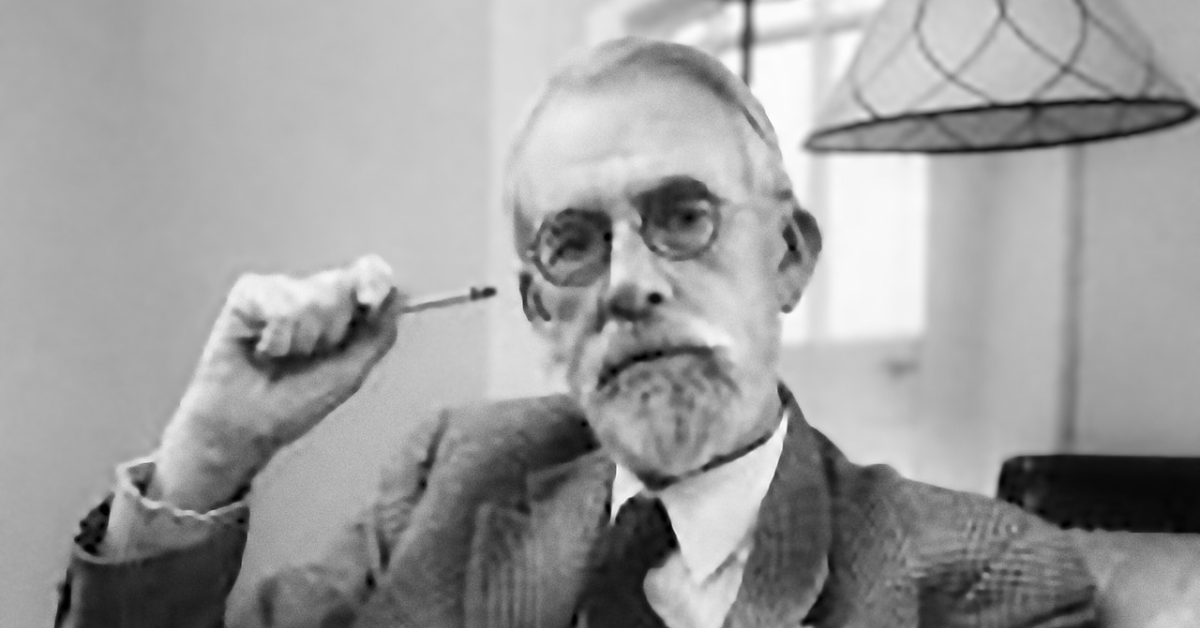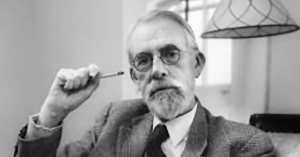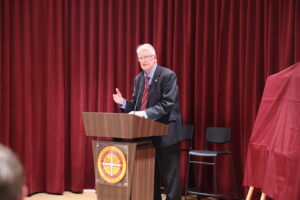Campion co-founder writes on the influence of Christopher Dawson on education


In a recent article published on MercatorNet, Campion College co-founder Karl Schmude shares his reflections on Joseph Stuart's latest book, Christopher Dawson: A Cultural Mind in the Age of the Great War, and on the influence of Christopher Dawson on institutions such as Campion College:
Stuart’s approach is admirably expressed in the subtitle of his book. He explores Dawson’s life and intellect in terms of his “cultural mind”, tracing in the opening chapters its formation in the aftermath of the First World War (1914-18), and in the later chapters its application to the two crucial areas of politics and education.
While “The Age of the Great War” may at first seem limiting, as though the author is confining his study to a remote event a century ago, he presents a convincing case of the Great War’s profound and permanent impact on subsequent history. This tumultuous event in the first half of the century set in train a vast unravelling of the culture of the West — spiritually, morally, and politically – and paved the way for the dramatic changes more usually associated with the second half, particularly from the 1960s onwards.
Dawson was an unconventional historian. He focused on the life and experience of cultures rather than nations or states, on large themes instead of narrow topics, over long historical periods, not short time frames.
Dawson recognised that, when the religious impulse is disregarded or else privatised and deprived of any public role, as in the contemporary West, the effects will be profound and disturbing. The yearning for transcendental meaning and purpose does not simply fade away. It finds new and menacing expression in substitute faiths, usually in philosophical and political forms.Dawson believed the secularised West could not survive without a recovery of Christian faith, and that the pathway to this recovery would be educational, especially in the American system of Catholic higher education. He proposed the study of Christian culture as a social reality across the centuries, which could reanimate a Christian sense of identity in a culture no longer friendly to religion and make possible the passing on of a heritage of faith to new generations.
As Stuart documents in depth, Dawson’s educational ideas did not strike root during his lifetime, for reasons of the dual focus on the Graeco-Roman classics in the humanities and on philosophy and theology in Catholic institutions, both of which were threatened by a cultural approach to the centuries of Christian history. Yet in the half-century since Dawson’s death, various programs inspired by his ideas have been implemented – at several Catholic universities in America and at Campion College in Australia.
Click here to read the full article.
Image: Christopher Dawson, Wikimedia Commons.



